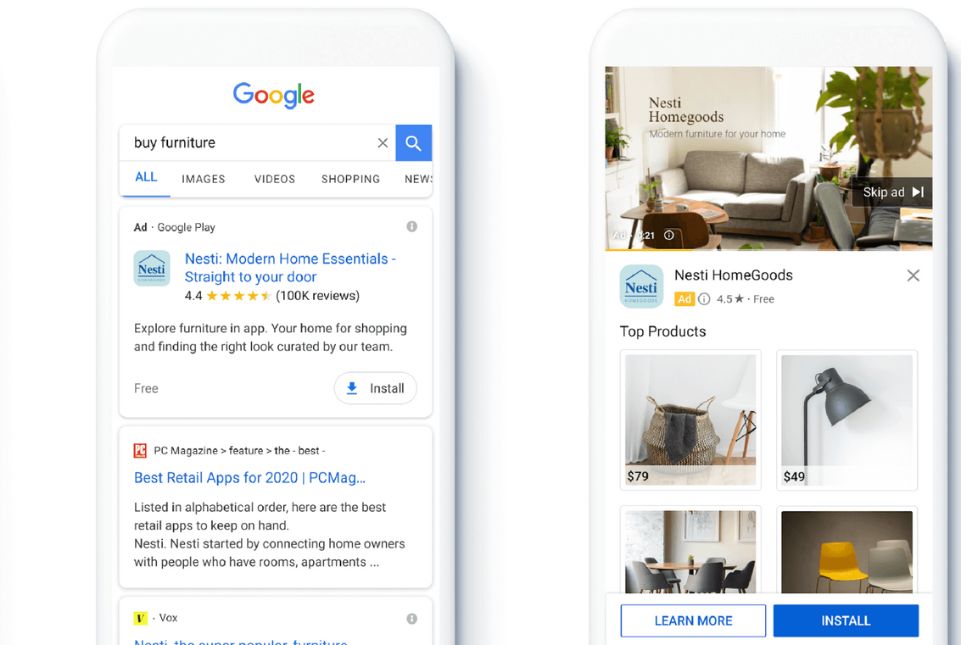In the digital age, having a well-structured digital marketing plan is crucial for the success of your business. A digital marketing plan serves as a roadmap that outlines your online marketing strategies, goals, and tactics to reach your target audience effectively. Without a clear plan, your digital marketing efforts can be fragmented and ineffective. In this comprehensive article, we will explore the step-by-step process of developing a digital marketing plan for your business.
A digital marketing plan typically includes:
- Defining Your Business Objectives: Start by outlining your business goals and what you aim to achieve through digital marketing. Are you looking to increase brand awareness, drive website traffic, generate leads, or boost sales?
- Understanding Your Target Audience: Identifying your target audience is fundamental to crafting a successful digital marketing strategy. Learn about your audience’s demographics, interests, behaviors, and pain points.
- Choosing the Right Digital Channels: There are various digital channels available, such as social media, search engines, email marketing, content marketing, and more. Determine which channels align best with your goals and audience.
- Content Strategy: Content is the cornerstone of digital marketing. Develop a content strategy that includes the creation of blog posts, videos, infographics, and other content that resonates with your audience.
- SEO and Keyword Research: Optimize your website and content for search engines. Conduct thorough keyword research to understand what terms your audience is searching for.
- Paid Advertising: Consider whether paid advertising on platforms like Google Ads or social media advertising aligns with your strategy and budget.
- Email Marketing: Create an email marketing plan to nurture leads, engage with customers, and promote your products or services.
- Measurement and Analytics: Define key performance indicators (KPIs) to measure the success of your digital marketing efforts. Tools like Google Analytics can provide valuable insights.
- Budget Allocation: Allocate your budget strategically across various digital marketing channels and campaigns.
- Regular Review and Adjustment: Your digital marketing plan should be dynamic. Regularly review your strategy, analyze data, and make adjustments as needed to improve results.
By the end of this article, you’ll have a deep understanding of how to create a digital marketing plan tailored to your business, which will help you achieve your objectives and stay competitive in the digital landscape.




